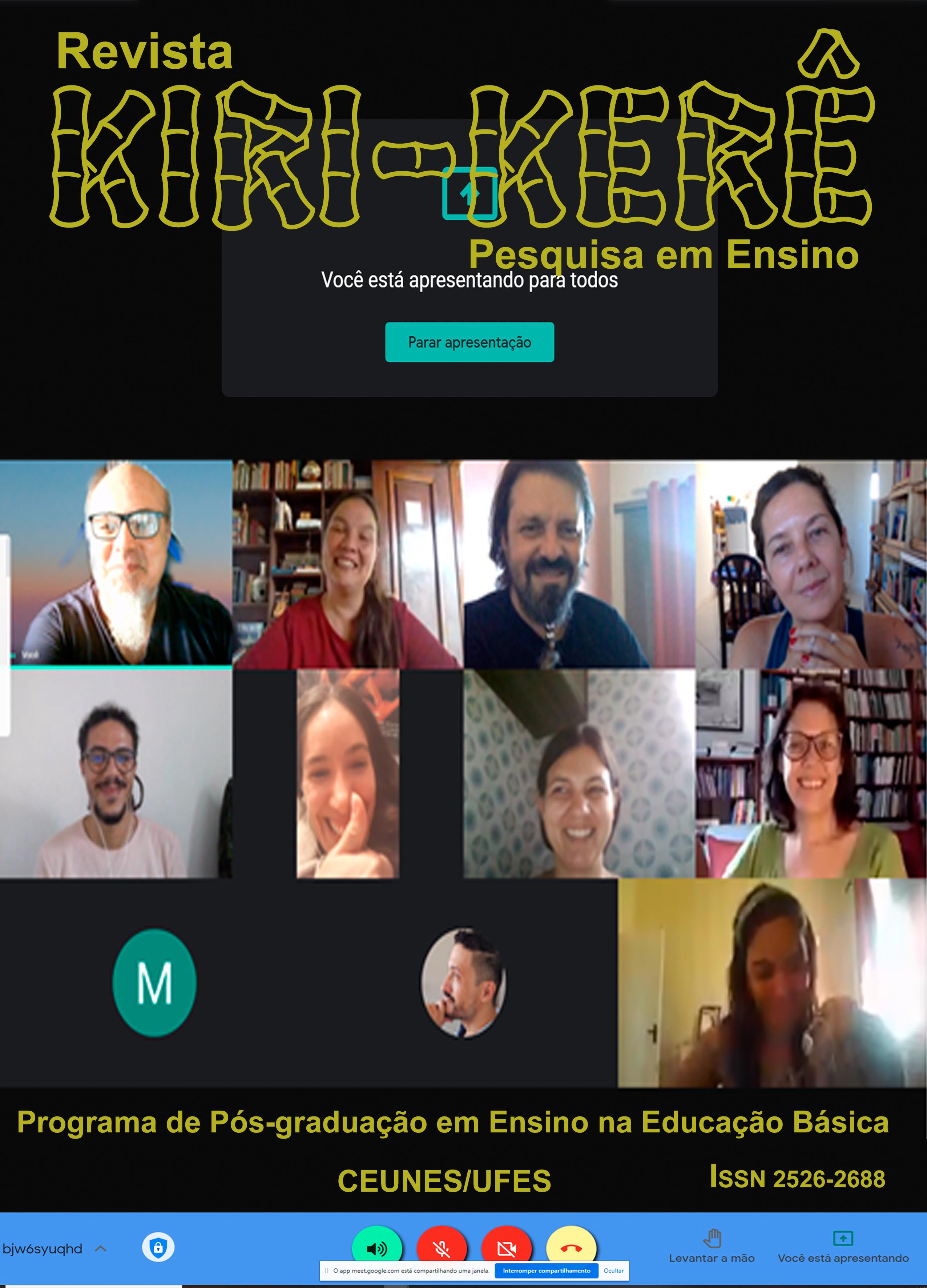Use of school gardens to promote food education with elementary school students
DOI:
https://doi.org/10.47456/krkr.v1i9.30186Abstract
The use of vegetable gardens in food education is a strategy that allows the addition of theoretical information passed on by teachers with practical knowledge together with students. In this context, several projects are possible to be developed for the work of the theme. In order to investigate the efficiency of the use of vegetable gardens in the teaching of food education, develop a current research, focusing on elementary schools. To this end, information was collected on how to apply questionnaires to students from two schools in the municipality of Iguatu-CE, participating in an extension project with gardens promoted by students in the Biological Sciences course at UECE/FECLI. In each school, two sex classes were evaluated, totaling 80 participating students, with parental authorization, in view of students with a younger age. The results obtained identified that, with the use of vegetable gardens in food education classes, students were able to use varied knowledge, putting most of these in healthy eating practices. Students consume vegetables and recognize the benefits below, being encouraged to install gardens in their homes and a student with knowledge acquired for the family. Thus, it is concluded that the use of vegetable gardens for teaching food education is a viable and effective practice, resulting in benefits for all involved.
Downloads
Downloads
Published
Issue
Section
License
The authors accept, when sending their works, the assignment of their copyrights.

